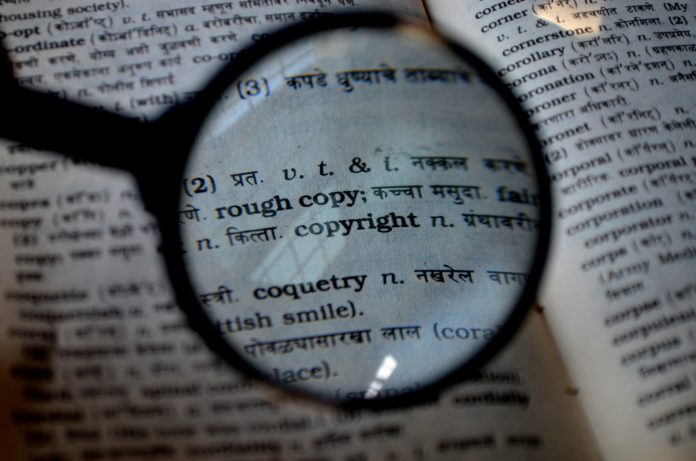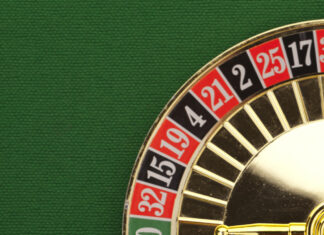
Copyright enforcement laws specify the remedies that rights holders can demand in cases of copyright infringement. These include demands to cease the infringement, to compensate for the loss, and to apologise. Such rules are adopted by each country as it sees fit. However, this leads to various peculiarities in national legal systems.
Poland is a good example of this. Here, the lawmakers adopted a rather unusual method of compensating a loss incurred by the rights holder. Specifically, he or she may demand “payment of a sum of money corresponding to twice the amount of the appropriate fee which would have been due at the time it was sought if the right holder had given permission for the work to be used”.
This concept was recently examined by the Advocate General in a case before the Court of Justice of the EU [1]. Copyright enforcement measures in the EU are regulated – although only roughly – by the so-called IP Enforcement Directive [2], which member states’ national laws are obliged to follow. Nevertheless, the Advocate General specified numerous problems with the Polish regulation that make it incompatible with the Directive’s provisions on compensation of damage suffered by the rights holder.
What constitutes ‘compensation’?
The reasoning of the Advocate General is that the mechanism provided in Polish law does not actually provide for ‘compensation’ as understood by the Directive. To ‘compensate’ means to make up for a loss, so first it should be established what the actual loss of the injured party is, and then an adequate measure should be applied to counter its effects. The directive requires such compensation should be “appropriate to the actual prejudice suffered”.
In contrast, under Polish law, the ‘compensation’ can be calculated regardless of the actual loss of the rights holder as the law sets a fixed benchmark – the “appropriate fee” which the rights holder would receive had there been no infringement – and a fixed multiplier. There are many ways to infringe one’s copyright – some forms of it are more harmful than others, while some may inflict less damage. The Advocate General argues that a court should be able to assess such cases and award adequate compensation. However, Polish law currently ignores these principles, instead opting for a measure which primarily serves as a form of punishment, not compensation.
The burden of proof
The issue is also important due to the way compensation can be claimed in court. It is much easier to win a case for the rights holder if he or she is only expected to prove the infringement took place. The Advocate General believes this is not enough – the rights holder should also prove the damage he or she actually suffered, and it should reflect the claimed compensation. In practice, it may be often difficult to prove that the actual damage is greater than a single licence fee. It would then certainly not be easy to prove twice as much, which is what the current law awards with very little effort from the claimant.
If the CJEU agrees with the opinion of the Advocate General, then the Polish copyright enforcement regulations will have to be changed significantly in order to comply with the ruling. Rights holders will have a greater burden to prove that they suffered loss due to infringement if they wish to receive a substantial compensation. While this is normal in other civil cases for compensation, it will certainly change the rules in copyright infringement cases and weaken the deterrent effect of a claim for damages under Polish copyright law.
This post was written by Piotr Dynowski (Partner, Warsaw) and Michal Salajczyk (Associate, Warsaw).
[1] Opinion of the Advocate General Eleanor Sharpston in the case C-367/15 Stowarzyszenie ‘Oławska Telewizja Kablowa’ w Oławie v Stowarzyszenie Filmowców Polskich w Warszawie
[2] Directive 2004/48/EC on enforcement of intellectual property









